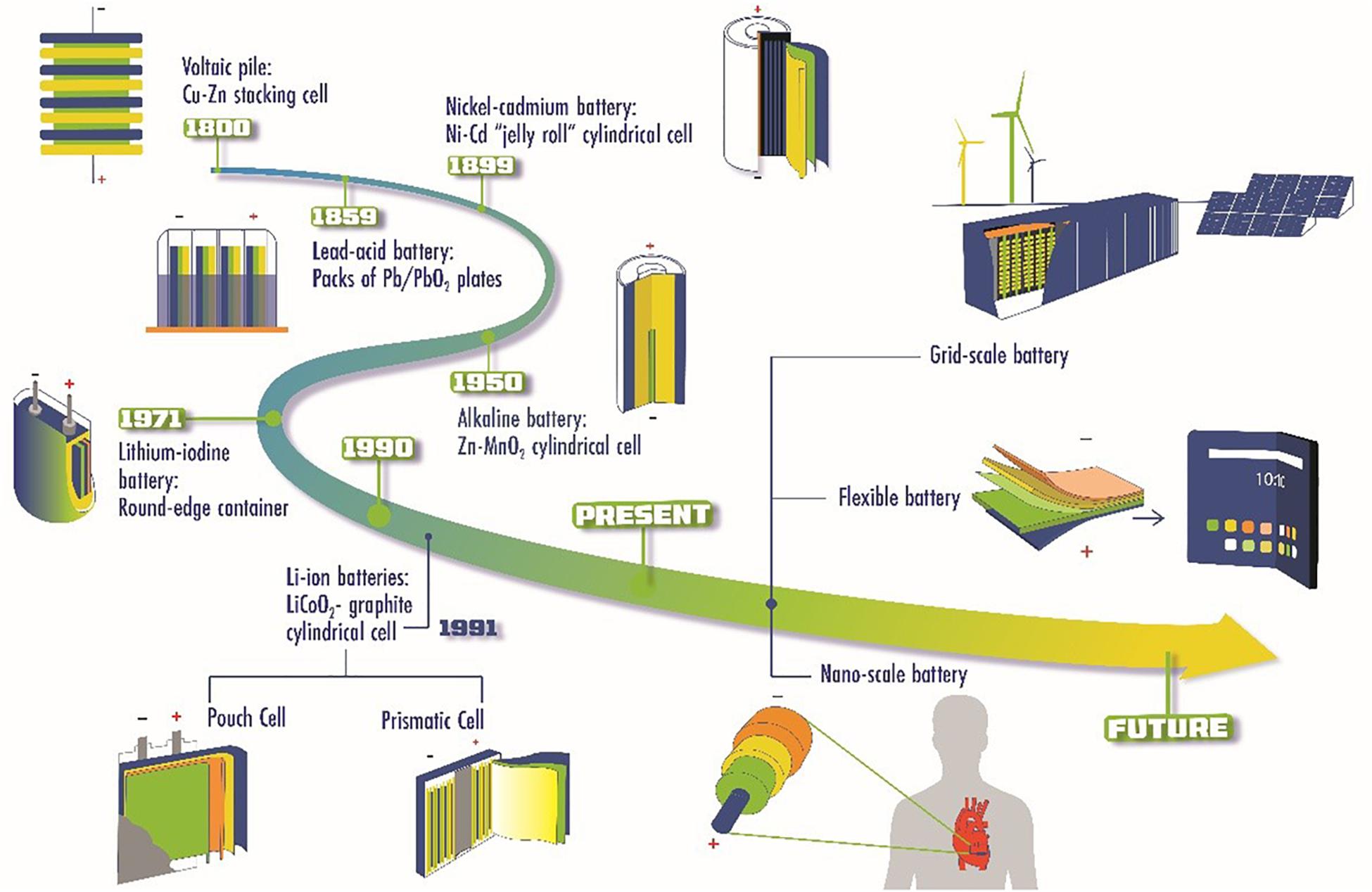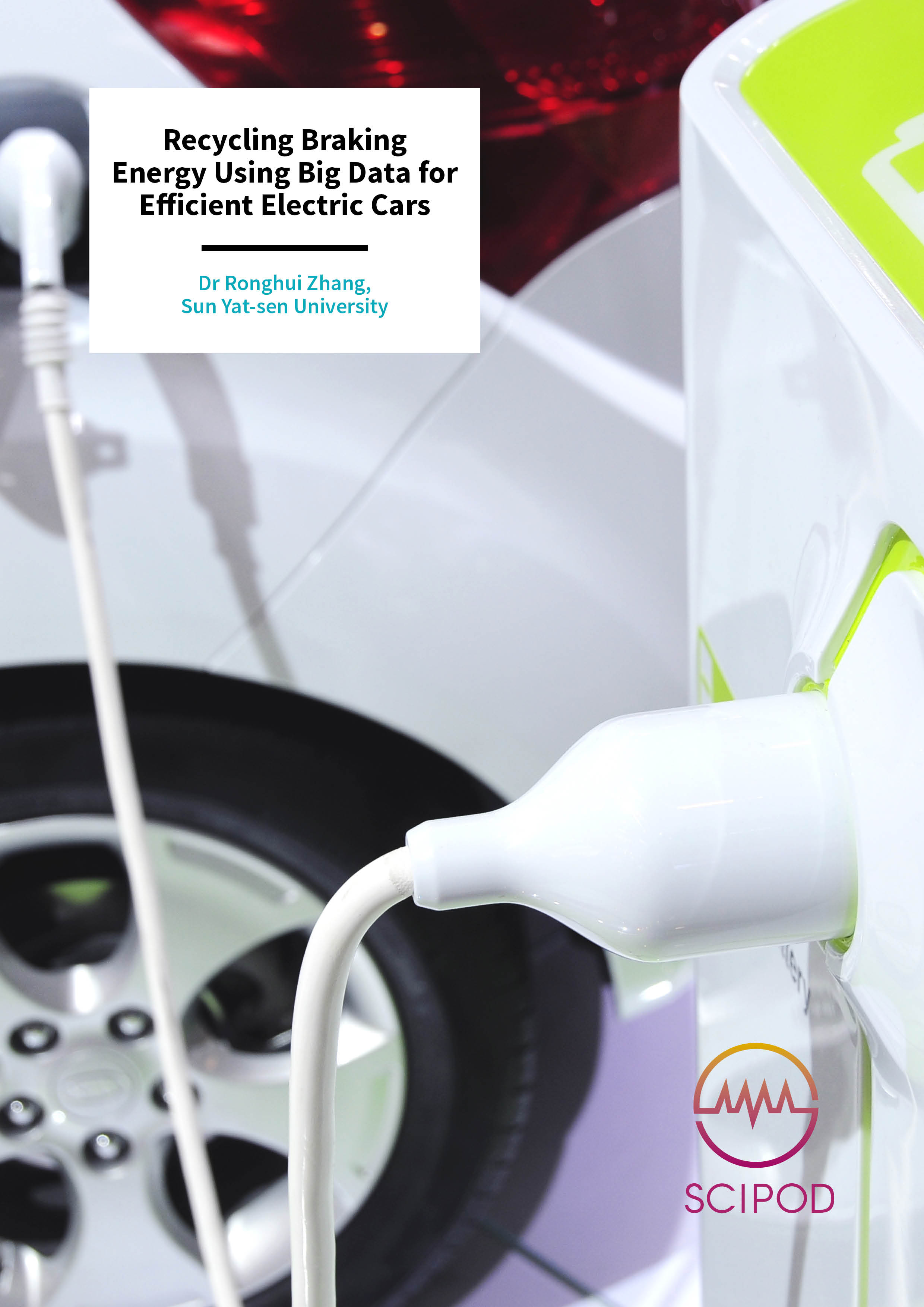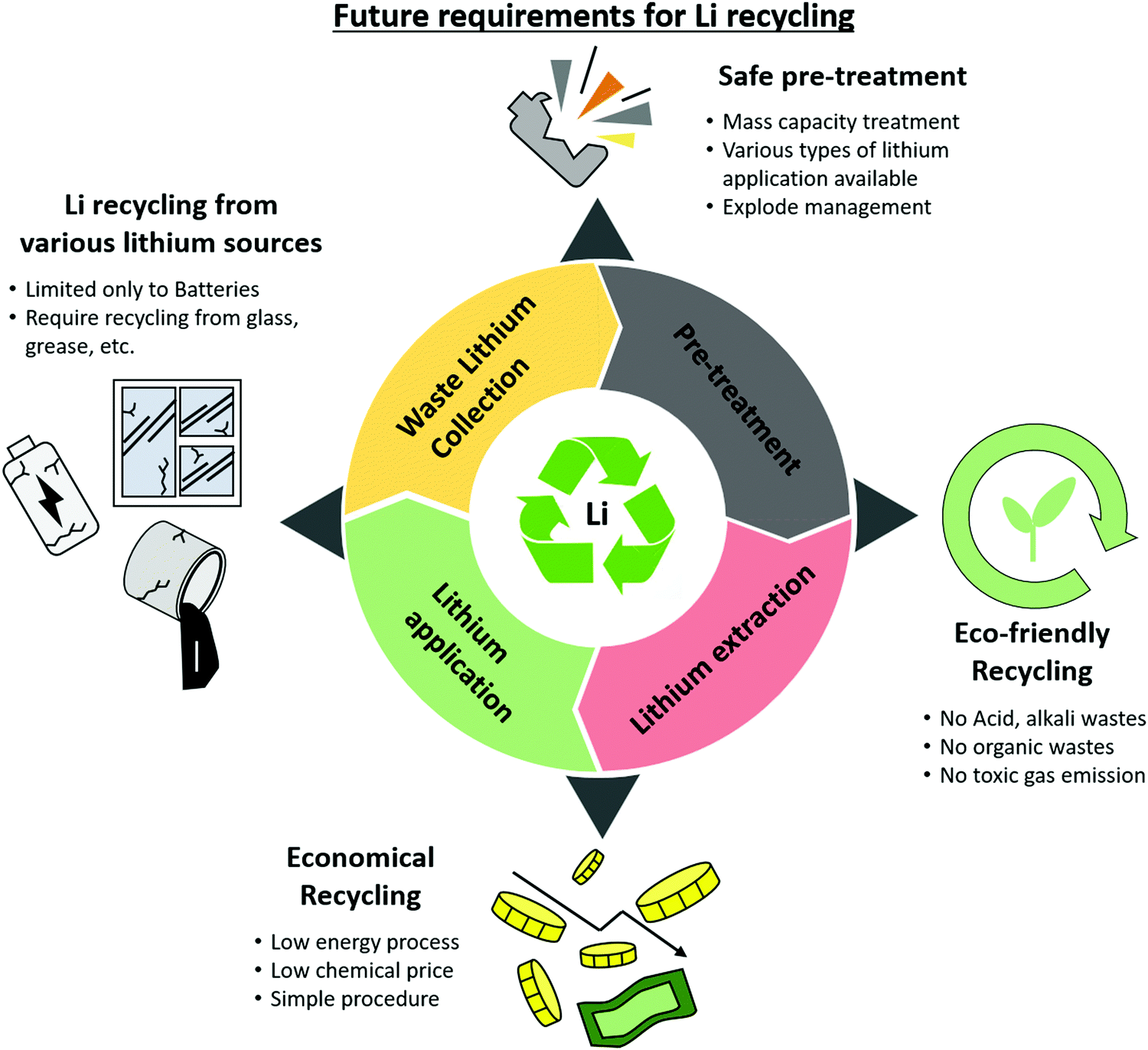The electric vehicle (EV) industry has experienced rapid growth in recent years. More consumers are embracing this eco-friendly alternative to traditional gasoline-powered cars due to government incentives, improved technology, and a growing demand for sustainable transportation options.
EVs produce zero tailpipe emissions, reducing air pollution and reliance on fossil fuels. Government incentives such as tax credits and subsidies make EVs more accessible. Technological advancements in battery technology and charging infrastructure have increased consumer confidence.
With lower operating costs and a focus on sustainability, the appeal of electric vehicles continues to grow, paving the way for a greener future.
The Need for Effective and Sustainable Battery Disposal Solutions
The rise of electric vehicles (EVs) brings environmental benefits but also a challenge: what happens to the batteries at the end of their life? EV batteries contain hazardous materials, and improper disposal leads to pollution and ecological damage. To solve this problem, specialized EV battery disposal companies offer sustainable solutions.
They recycle batteries, extracting valuable metals like lithium, cobalt, and nickel for reuse in new batteries or other industries. They also repurpose old batteries for stationary energy storage systems or renewable energy projects. These efforts reduce waste generation and reliance on raw materials extraction, contributing to a greener future.
Overview of the Components and Composition of EV Batteries
Electric vehicle (EV) batteries are composed of key components that work together to store and provide electrical energy for the vehicle’s motor. These components include lithium-ion cells, an electrolyte solution, metal foil electrodes, separators, and a protective casing.
Lithium-ion cells serve as the primary energy storage units, while the electrolyte solution facilitates the movement of electric charges. Metal foil electrodes conduct electricity within the battery, while separators prevent short circuits and enable ionic conduction.
Lastly, a protective casing ensures safety and prevents damage from external factors. Understanding these components is crucial for comprehending the functionality and performance of EV batteries.
Exploring the Environmental Concerns Associated with Battery Disposal
Improper disposal of EV batteries poses significant environmental risks. Toxic chemicals from these batteries can contaminate soil and water, harming ecosystems and human health. Additionally, mining for battery production materials can have detrimental effects on biodiversity and natural habitats.
Battery disposal companies play a crucial role in addressing these concerns. They ensure responsible collection, processing, and recycling of end-of-life batteries. By safely extracting reusable components and recovering valuable metals through advanced technologies, they minimize environmental harm and promote a circular economy approach.
Who are these companies and what do they do?
EV battery disposal companies specialize in collecting, transporting, and recycling used electric vehicle batteries. Their primary goal is to ensure safe and environmentally responsible disposal, minimizing the impact on ecosystems and human health.
By establishing partnerships with automotive manufacturers, dealerships, and recycling centers, these companies efficiently collect a significant volume of batteries. They employ specialized logistics to transport batteries securely to designated recycling facilities.
Through advanced recycling techniques, valuable materials like lithium and cobalt are recovered for reuse in new batteries or other industries. Overall, EV battery disposal companies play a crucial role in promoting sustainability within the electric vehicle industry by managing the end-of-life cycle of these batteries.
Disposal companies specializing in EV battery disposal offer essential services to address the growing need for sustainable solutions. These services include collection and transportation from various sources, careful dismantling to separate valuable components, recycling to extract materials for reuse, and safe storage/disposal of hazardous waste.
By providing comprehensive services, these companies promote sustainability and minimize environmental impact throughout the lifecycle of EV batteries.
Examining the Current Market Trends and Growth Potential
Investing in EV battery disposal companies has become an attractive opportunity for investors seeking financial returns and positive environmental impact. As governments prioritize sustainability initiatives, the market for these companies is expected to grow significantly with the increasing adoption of electric vehicles worldwide.
Proper disposal of EV batteries is crucial to avoid environmental hazards, and governments are implementing regulations to encourage investments in safe and eco-friendly solutions.
Investing in this sector not only capitalizes on a rapidly growing market but also contributes to a sustainable future by reducing greenhouse gas emissions and fostering innovation in recycling technologies.
Overall, investing in EV battery disposal companies offers both financial advantages and the chance to actively address pressing environmental concerns.
Risks and Challenges Associated with Investing in this Sector
Investing in EV battery disposal companies comes with inherent risks and challenges that require careful consideration. Technological advancements can render recycling methods obsolete, while intense competition within the industry poses a challenge for market share.
Regulatory changes and internal factors like financial stability also impact investment viability. Thorough evaluation of these factors is crucial to make informed investment decisions in this rapidly evolving sector.
[lyte id=’JjTvk5MmQDs’]





